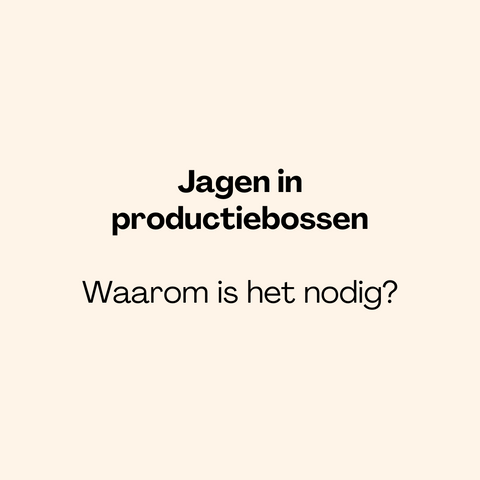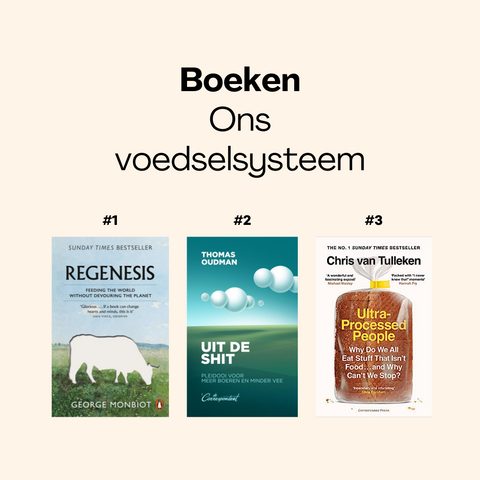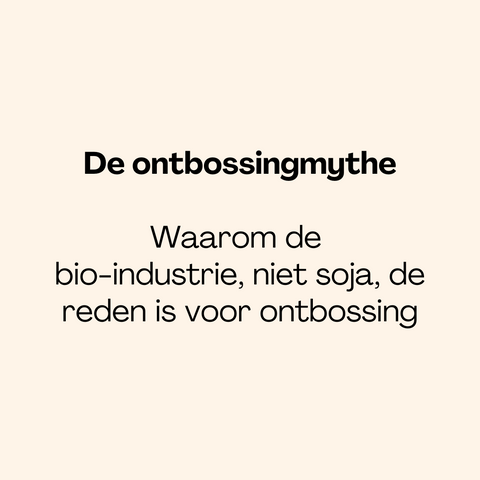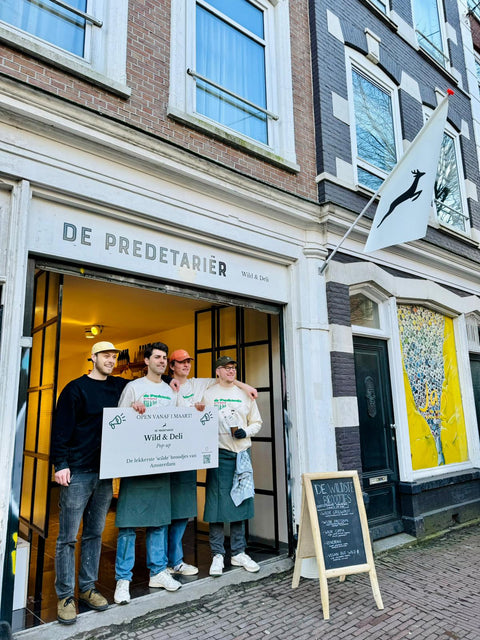Wood is an important raw material. It is also a raw material that will inevitably play a major role in the transition to a sustainable society.
There are many production forests in Germany. Unfortunately, these forests are often created as a monoculture, many of the same trees together. You would think it would be nice and efficient, but we are now paying the price for that.
The spruce beetle, a small beetle that is fond of Norway spruce, a popular tree for the timber industry, is causing major damage to production forests in Germany. Due to persistent drought, the trees no longer produce enough resin to protect themselves against this beetle. In 2018, 300,000 hectares of forest were affected and it is getting worse.
German forest managers are now busy planting a greater diversity of trees in order to minimize the effect of the spruce beetle.
Unfortunately, young trees are ideal food for deer in particular. The juicy young buds are their favorite meal. The wildlife population is so high in some parts of Germany that forest regeneration can hardly occur.
The German state forests choose to manage the deer population so that forest rejuvenation can occur. In this way, the saplings have a chance to get through the difficult first years and create a stronger and more diverse production forest.
Aren't there other ways to do this? Yes, there are, such as fencing, but they are very expensive and labor intensive. It also ensures that the pressure of deer in the unfenced area only increases, which in turn causes damage to the flora and fauna existing there.
Responsible management of the deer population gives forest rejuvenation a chance and produces a beautiful piece of meat, completely free from factory farming, straight from nature. We think this is a better choice than further intervening in nature with fences.




